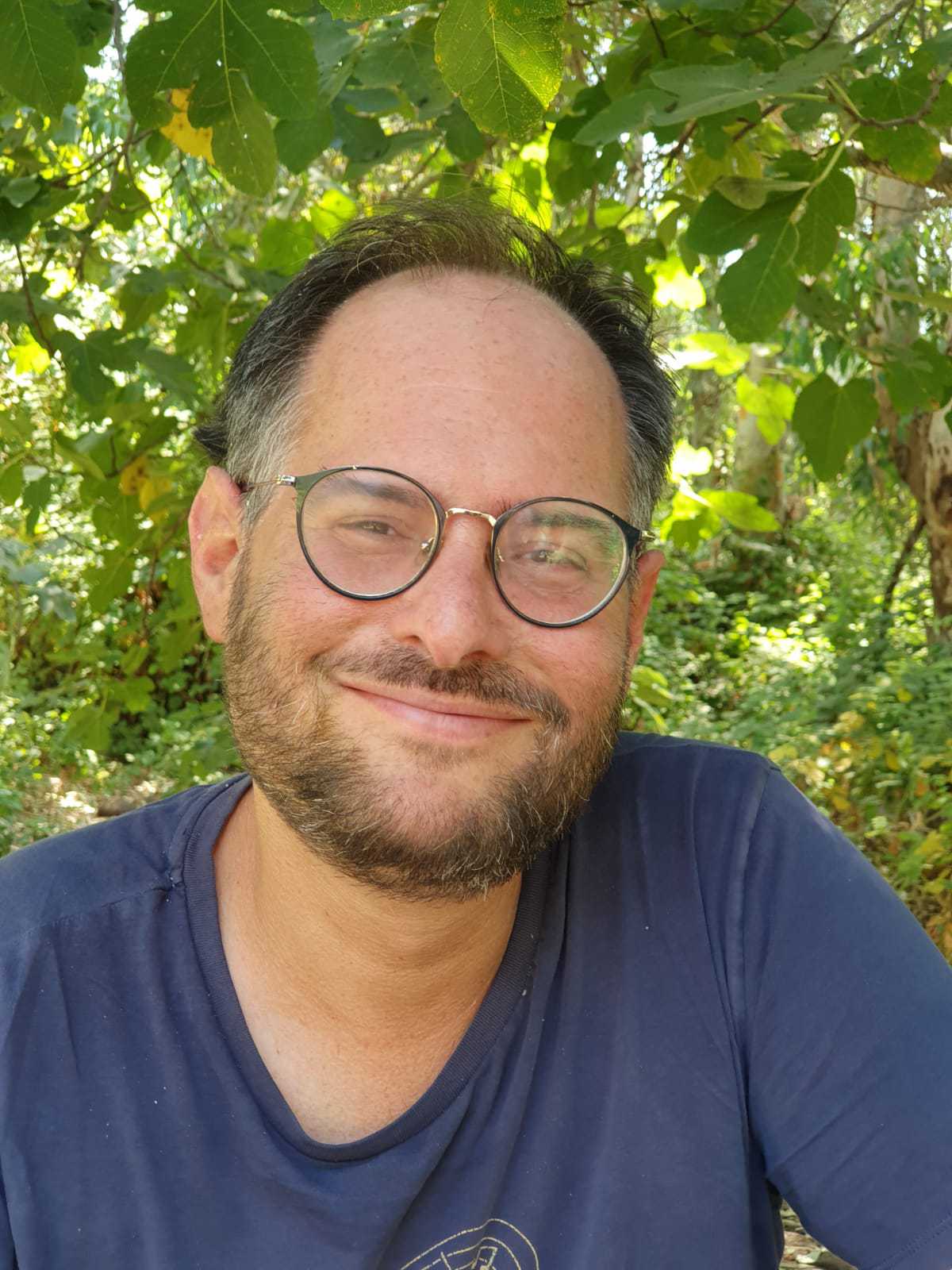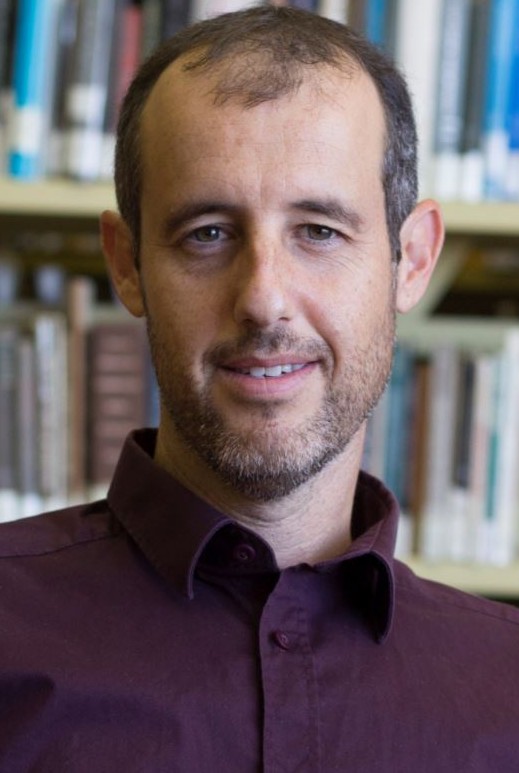
New Israeli Method to Predict Who is at Risk for Suicide
Researchers at Technion and the Hebrew University have developed tools to recognize early warning signs of suicide by analyzing social media texts.
Following the tragic suicide of a 16-year-old Israeli boy, a group of Israeli researchers has developed new early-detection tools aimed at preventing suicide in at-risk populations.
The system combines machine learning and natural language processing with theoretical and analytical tools from the realm of psychology and psychiatry, and uses layered neural networks.
The researchers analyzed more than 80,000 Facebook posts written by adults in the United States, comparing their language usage patterns with their scores on a wide range of psychological indices.
They discovered that people with real suicidal tendencies rarely use explicitly alarming words in their posts (such as “death,” “kill” or “suicide”). Instead, they use negative descriptive words (”bad,” “worst”), curse words (“f***ing,” “b**ch”), expressions of emotional distress (“sad,” “hurt,” “cry,” “mad”), and descriptions of negative physiological states (“sick,” “pain,” “surgery,” “hospital”).

Preventing suicide is a complex challenge, as medical information related to mental health is protected by confidentiality protocols, and many at-risk people do not seek help. Prevention models were typically based on traditional statistical methods and provided relatively inaccurate predictions.
Published in Scientific Reports, the research was carried out by Technion scientists Prof. Roi Reichart, an expert in natural language processing, PhD student Refael Tikochinski (computational psychology) and postdoctoral researcher Yaakov Ophir (clinical psychology, joint appointment with Hebrew University), along with Hebrew University scientists Prof. Christa Asterhan (educational psychology) and Itay Sisso (cognition and big data).
“Detecting suicidal tendencies early enough requires interdisciplinary research that includes researchers from different fields,” said Ophir.
“That is how this multi-university and multi-disciplinary group was formed,”
“I believe that, at the end of the day, the breakthrough we achieved is capable of saving lives,” Ophir added.
“I hope that this research is a harbinger of hope in the field of mental health.”

Clinical psychologist and postdoc Yaakov Ophir. Photo courtesy of Technion


